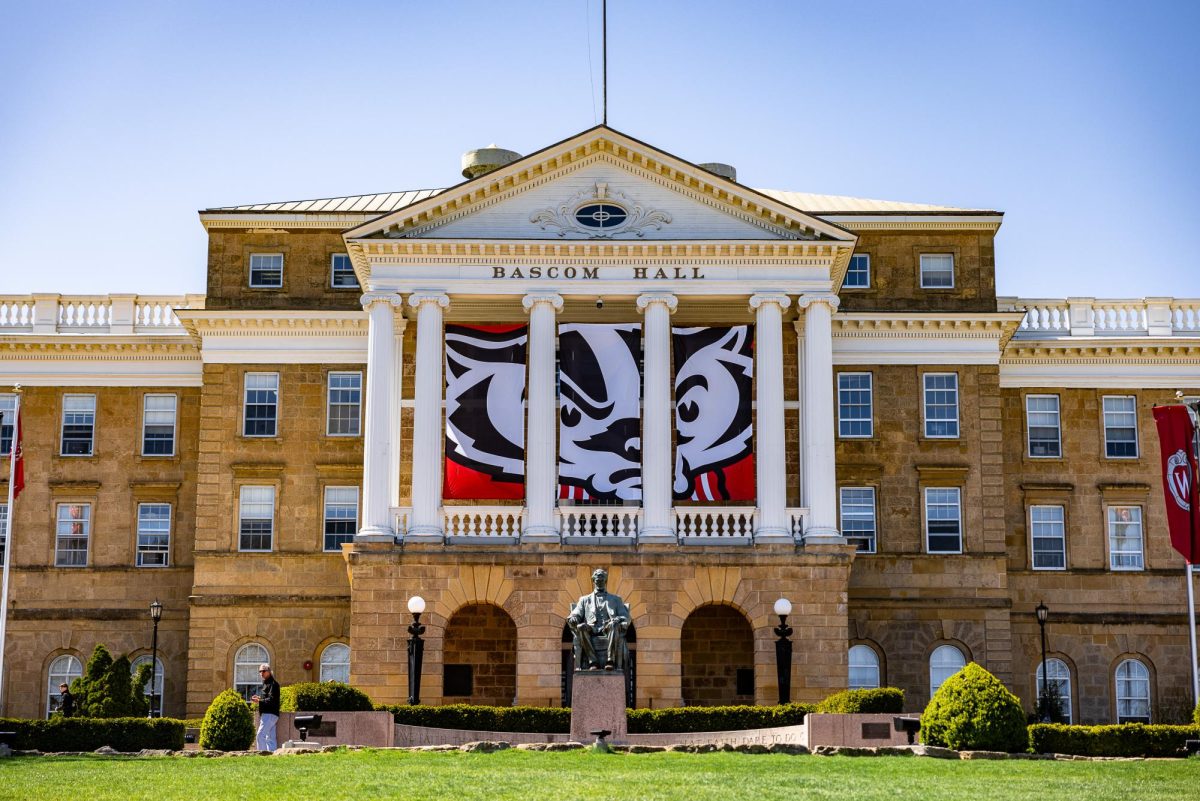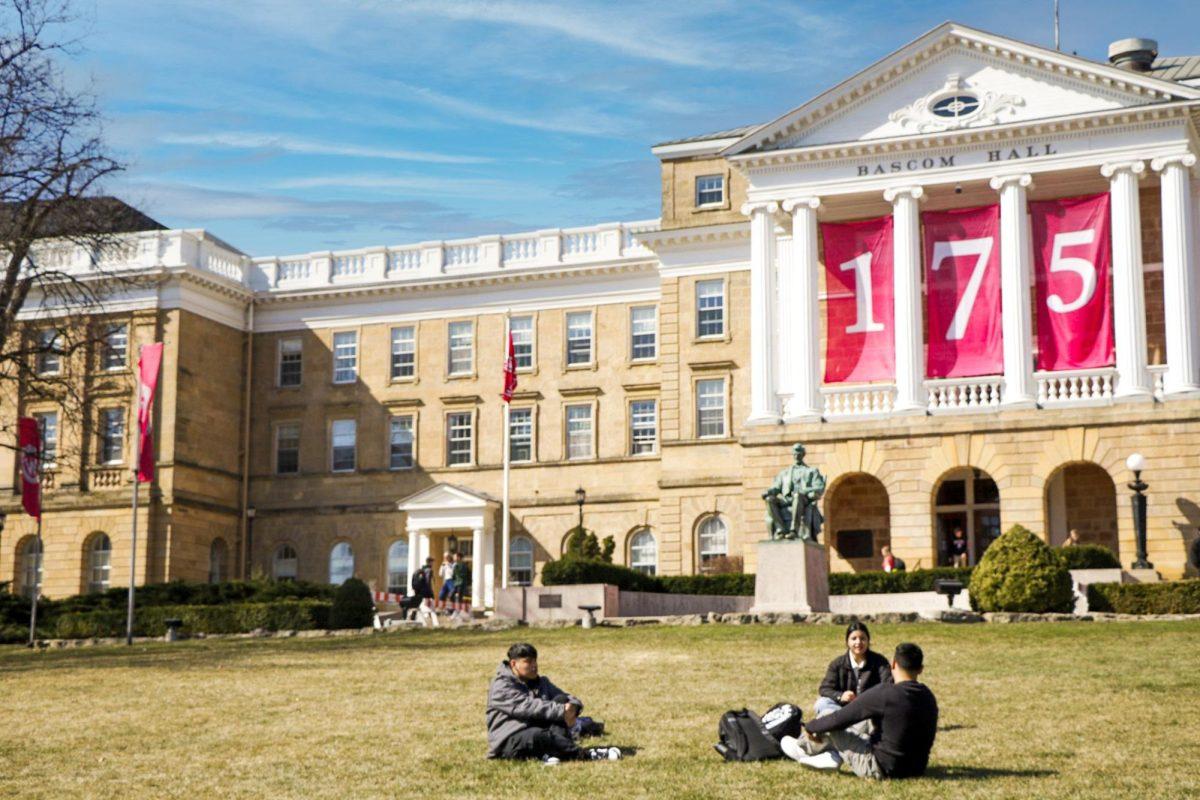A new bill proposed in the Assembly would allow establishments to bring a civil lawsuit against underage drinkers in bars regardless of whether police issued a criminal citation, potentially relying on video footage or a seized ID card as evidence in court.
The liquor license holder would have to prove the underage person’s conduct constituted an underage violation.
The Assembly Committee on Judiciary and Ethics debated the bill in a public hearing on Thursday. Rep. Andrew Jacque, R-Bellevue, authored the bill with the help of the Green Bay Police Department and the Tavern League of Wisconsin, a non-profit association representing the retail beverage alcohol industry in the state.
“Underage drinking is a tremendous public health concern in Wisconsin,” Jacque said. “It’s a problem that pervades our culture in epidemic proportions and deserves a vigorous response.”
Jacque said the bill is modeled after a state law in Alaska passed in 2001. He said Alaska’s system has been a success and a great strategy for fighting underage drinking.
Rep. Sam Kerkman, R-Powers Lake, questioned in what ways the establishment would be responsible for gathering evidence during the event under question.
Jacque said if the establishment didn’t acquire the ID of the potential offender, the establishment could also use video footage or data from an ID scanner to prove its case in court.
Tavern League of Wisconsin President Rob Swearingen said when a minor comes into the tavern, they are knowingly breaking the law, and this bill simply holds their pocketbook accountable for that action. He also said the bill gives bouncers extra incentive to be more active on the job.
Wisconsin Alcohol Policy Project spokesperson Julia Sherman said the proposal would differ from the Alaska law in several key ways. Under the Alaska law, if an individual was found guilty, they were able to attend an alcohol use reform program and pay a $300 fine. This proposal does not offer such a program and only enforces the full $1,000 fine.
“Despite the many factors that enable underage drinking, including the recently extra hours of sale each day, this proposal assigns financial responsibility to youth and their parents alone,” Sherman said. “It creates a system that assumes guilt and imposes guilt on youth without taking history or conduct into account. ”
Sherman also said the bill creates financial incentives for establishments with liquor licenses to profit from the illegal activity. She said establishments could advertise in a college community, allow underage drinkers to enter and then charge them with underage drinking.
Eau Claire resident Timothy Hoel, who said he worked as an alcohol prevention specialist for several years, testified that the bill doesn’t keep underage drinkers off these premises and could actually create a financial safety net of profit for the establishments.
“This bill is absolutely backwards,” Hoel said. “Remember that having a liquor license is not a right but a privilege granted to an individual. A bill such as this could turn into lord enforcement and turn into a lucrative opportunity for any license establishment.”






















